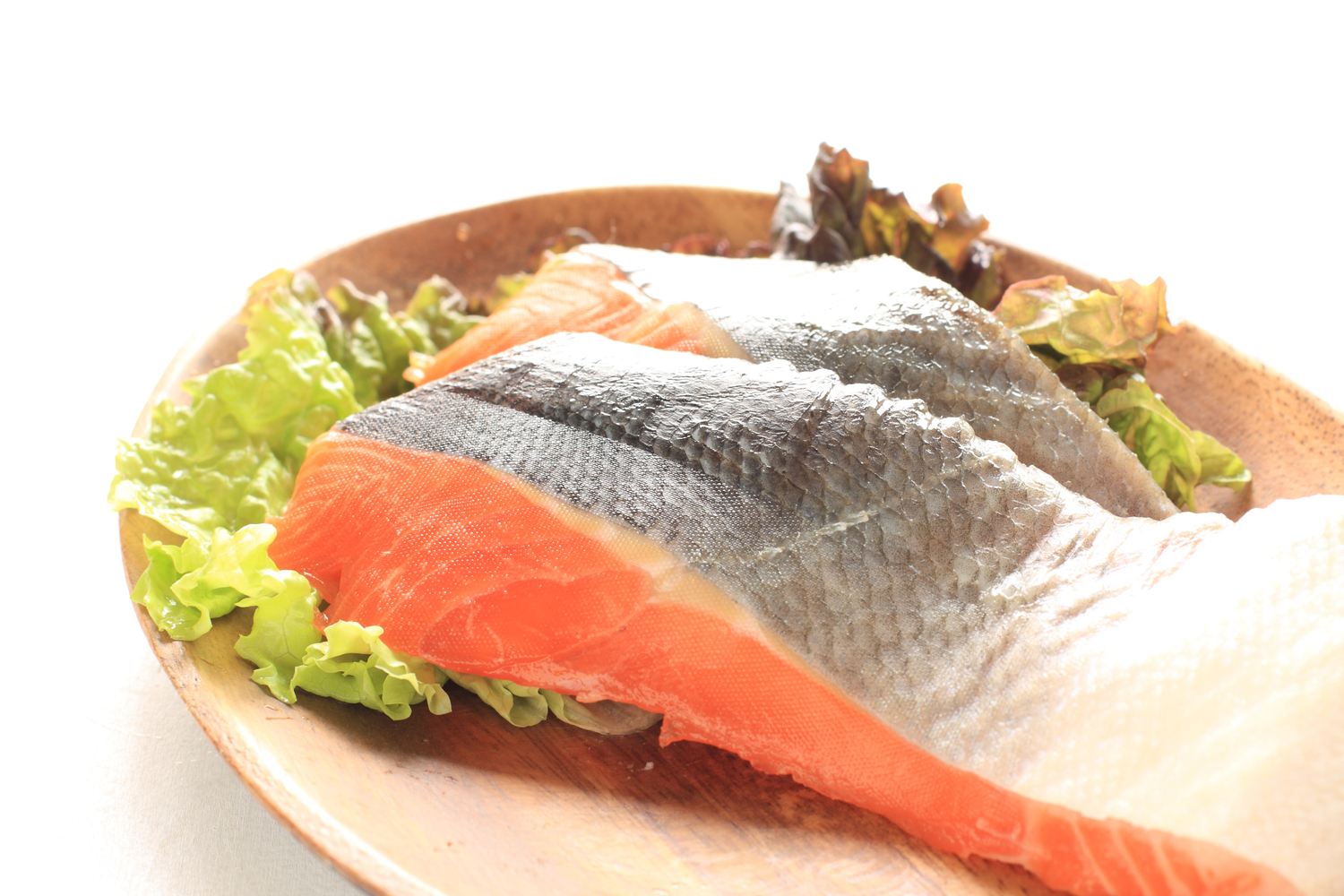
5 Superfoods to Help Manage ADHD
ADHD (or attention deficit hyperactivity disorder) is a common neurodevelopmental disorder that’s characterized by excessive impulsive conduct, inability to focus, and hyperactive behavior. Individuals with ADHD commonly endure energy fluctuations and attention problems that can significantly affect personal life, schooling, and work life. However, ADHD symptoms can be managed with doctor-prescribed ADHD medication like Quillivant XR, cognitive behavioral therapy, and by incorporating certain ADHD-friendly foods, such as:
1. Eggs
According to experts, whatever is good for the brain is also helpful for ADHD. The brain produces a range of chemical messengers known as neurotransmitters which aid in regulating sleep and wakefulness. Proteins stimulate neurotransmitters that provide alertness and reduce drowsiness. Therefore, incorporating eggs into your ADHD diet can boost concentration and help ADHD drugs like Adderall last longer. Also, adding proteins to a diet helps keep blood glucose levels stable, which also impact energy levels.
2. Salmon
According to recent studies, children with ADHD commonly exhibit low levels of omega-3 fatty acids, which assist in brain functions. These fatty acids improve heart health, boost immunity, and support primary cell function. Since the human body cannot produce the critical fatty acids, human beings must obtain them through what we eat.
3. Flaxseeds
According to a survey done by understood.org, omega-3s found in flax seeds can help kids with ADHD enhance their focus, memory, enthusiasm, and concentration. Flaxseeds are a simple way to supplement an ADHD diet with protein and omega-3s, which help to alleviate and even reduce ADHD symptoms.
4. Kiwi
A healthier diet might be a far more effective way of treating a child’s ADHD symptoms than medications, like Concerta. According to Ohio State University researchers, individuals with ADHD who eat more fruits significantly reduce their lack of attention. Carbohydrate-rich fruits, such as kiwis, can aid in easing ADHD symptoms. Incorporating complex carbohydrate sources that are low in sugar and high in fiber can help enhance sleep cycles at night and regulate ADHD symptoms throughout the day.
5. Brazil nuts and walnuts
Brazil nuts and walnuts provide a high concentration of omega-3 fatty acids essential for normal physiological function. These fatty acids aid in proper brain functioning and boost the immune system. Brazil nuts also contain antioxidants, like selenium, which can improve brain function. According to some studies, upping your selenium consumption can also assist in boosting mood.
A nutritious diet can assist in minimizing ADHD-related behaviors. For instance, a diet high in omega-3 fatty acids, protein, polyphenols, and B vitamins is good for overall health and might help people with ADHD manage their behaviors. A healthy ADHD diet is based on the idea that specific nutritional habits assist better brain function and reduce ADHD symptoms such as loss of attention or restlessness. However, ADHD patients must also ensure they receive proper medical treatment. Please speak with your doctor about options for treating and reducing ADHD symptoms.



